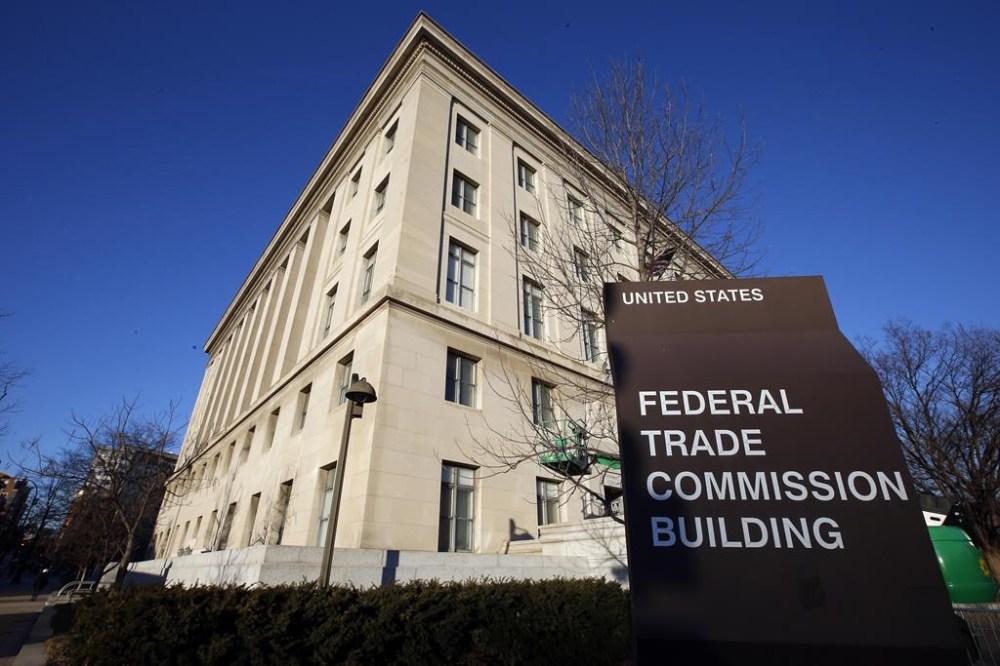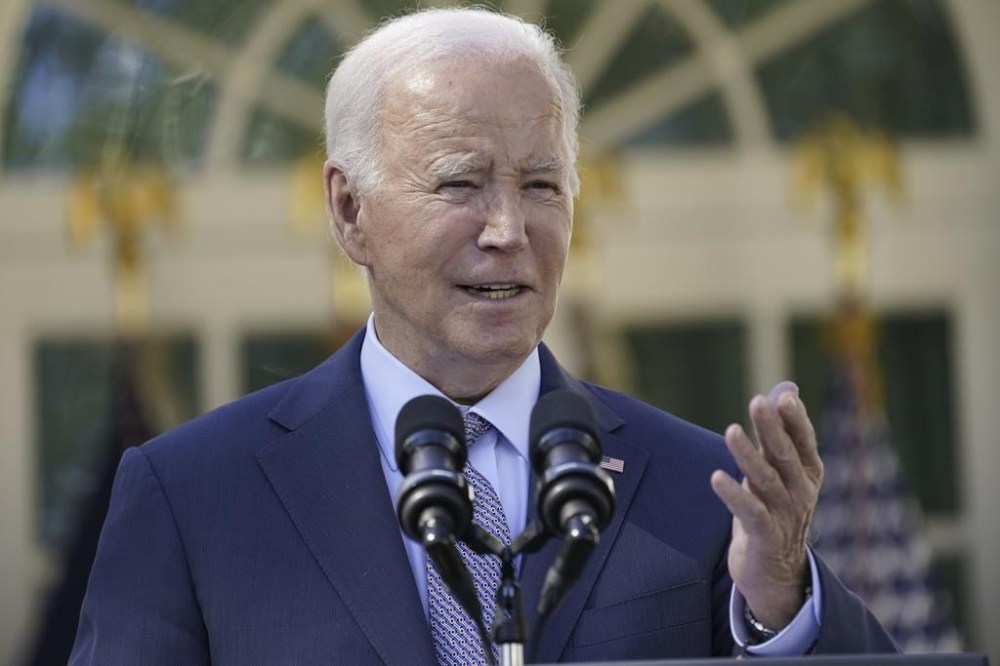Biden says the FTC’s proposed ban on junk fees will help families and ‘honest’ businesses
Advertisement
Read this article for free:
or
Already have an account? Log in here »
To continue reading, please subscribe:
Monthly Digital Subscription
$1 per week for 24 weeks*
- Enjoy unlimited reading on winnipegfreepress.com
- Read the E-Edition, our digital replica newspaper
- Access News Break, our award-winning app
- Play interactive puzzles
*Billed as $4.00 plus GST every four weeks. After 24 weeks, price increases to the regular rate of $19.00 plus GST every four weeks. Offer available to new and qualified returning subscribers only. Cancel any time.
Monthly Digital Subscription
$4.75/week*
- Enjoy unlimited reading on winnipegfreepress.com
- Read the E-Edition, our digital replica newspaper
- Access News Break, our award-winning app
- Play interactive puzzles
*Billed as $19 plus GST every four weeks. Cancel any time.
To continue reading, please subscribe:
Add Free Press access to your Brandon Sun subscription for only an additional
$1 for the first 4 weeks*
*Your next subscription payment will increase by $1.00 and you will be charged $16.99 plus GST for four weeks. After four weeks, your payment will increase to $23.99 plus GST every four weeks.
Read unlimited articles for free today:
or
Already have an account? Log in here »
Hey there, time traveller!
This article was published 11/10/2023 (745 days ago), so information in it may no longer be current.
WASHINGTON (AP) — President Joe Biden on Wednesday announced a proposed rule by the Federal Trade Commission to ban any hidden and bogus junk fees, which can mask the total cost of concert tickets, hotel rooms and utility bills.
Biden has made the removal of these fees a priority of his administration. The Democrat’s effort has led to a legislative push and a spate of initiatives aimed at helping consumers. Administration officials have said these additional costs can inflate prices and waste people’s time.
“These junk fees may not matter to the wealthy, but they sure matter to working folks in homes like the one I grew up in,” Biden said in remarks at the White House Rose Garden.

The president added that junk fees also make it “harder for honest businesses who are trying to do the right thing.” He noted that the crackdown is part of a broader effort that has included cooperation between the government and companies including Airbnb, Live Nation, Ticketmaster and SeatGeek.
The FTC proposal is being coupled with the Consumer Financial Protection Bureau announcing that it will block large banks from charging junk fees to provide basic customer services such as checking account balances.
Lael Brainard, director of the White House National Economic Council, said research indicates that hidden fees can cause consumers to pay as much as 20% more than had they known the total cost upfront and comparison shopped.
The FTC estimates that consumers waste 50 million hours each year searching for the total price for tickets and lodging. The time saved in those two categories because of the rule would be equivalent to about $1 billion annually.
“The proposed rule would prohibit corporations from running up the bills with hidden and bogus fees, requiring honest pricing and spurring firms to compete on honesty rather than deception,” FTC Chair Lina Khan said on a call with reporters. “Violators will be subject to civil penalties and be required to pay back Americans that they tricked.”
But some business groups are skeptical that people will realize savings.
After Biden discussed junk fees at a February meeting with aides, the U.S. Chamber of Commerce issued a statement that the “Washington-knows-best approach” would lead to fewer choices for consumers and make the economy less competitive.

Following the president’s speech on Wednesday, Bob Pinnegar, CEO of the National Apartment Association, suggested that the proposed FTC rule could increase the cost of rental housing.
“Policymakers must understand that layering additional regulations will heavily impact housing operations and harm the affordability and availability of rental housing, ultimately hurting the very individuals they seek to protect,” Pinnegar said.
___
This story has been corrected to show the spelling of the FTC chair’s surname is Khan, not Kahn.

